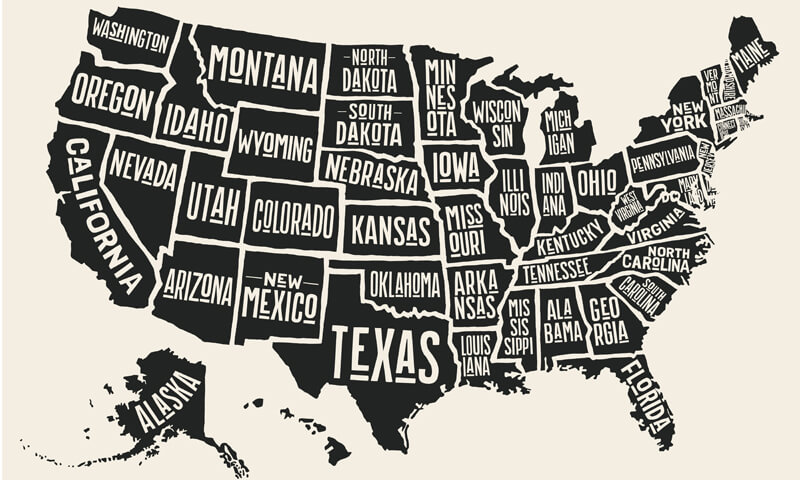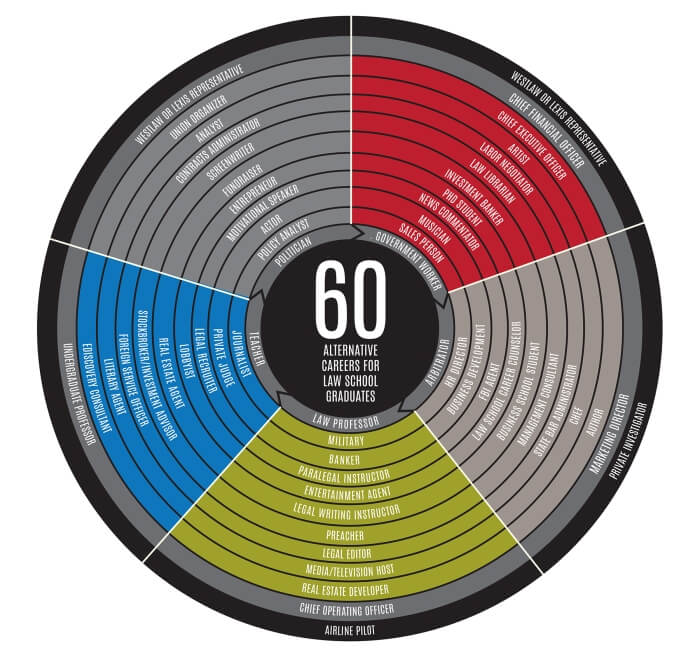In the face of potential bans on considering race in college admissions, two prominent U.S. law schools provide valuable insights for institutions seeking to maintain diversity among their student populations. The University of Michigan Law School and the University of California, Berkeley School of Law experienced a decline in enrollment among Black, Hispanic, and Native American first-year students following affirmative action bans in their respective states. However, they were able to surpass pre-ban diversity levels over time by adopting innovative strategies that may serve as a blueprint for other schools in the event of a Supreme Court decision banning race-based considerations in admissions.
According to data from the American Bar Association, Berkeley Law witnessed a sharp drop in the percentage of Black, Hispanic, and Native American first-year students, from 19% in 1996 to less than 6% in 1997, immediately after the affirmative action ban was enacted. Similarly, Michigan Law saw a decline from 17% in 2005 to 9% by 2008. However, both schools have since implemented approaches that have led to a rebound in diversity.
For Michigan Law, the affirmative action ban dealt a powerful blow. Over the intervening 16 years, the school has gradually strived to recover its previous levels of diversity. As other institutions face the potential ban, they may look to strategies employed by Michigan Law, such as participating in pipeline programs that introduce college students to legal careers and considering applicants’ family income and first-generation college status.
Interestingly, Asian American enrollment remained steady both before and immediately after the affirmative action bans, comprising 14% of Berkeley Law and 13% of Michigan Law first-year classes. Those figures have increased to 20% and 15%, respectively.
With nine states currently prohibiting affirmative action, law school administrators in these states have become resources for out-of-state colleagues seeking guidance on maintaining diverse student bodies without considering race. Recognizing the significance of this issue, the Association of American Law Schools is convening a virtual conference on July 10 focused on admissions in a post-affirmative action landscape.
The potential impact of affirmative action lawsuits on law student and lawyer diversity remains uncertain. Students for Fair Admissions, an anti-affirmative action group, has sued both Harvard University and the University of North Carolina, alleging discriminatory admissions practices favoring certain racial groups. The conservative majority on the Supreme Court makes it likely that affirmative action will be deemed unconstitutional, leading to concerns about its effect on the legal profession’s diversity.
The legal field still lags behind the general population in terms of racial diversity. Data from the American Bar Association shows that only 19% of lawyers in the United States are people of color, compared to 40% of the overall population. Conversely, the Association of American Medical Colleges reports that 36% of physicians are minorities, and the American Dental Association states that 30% of dentists are minorities.
A ban on affirmative action could exacerbate the underrepresentation of minorities in undergraduate programs, subsequently narrowing the pipeline of diverse students pursuing legal careers. This, in turn, would likely reverse the slow progress made in increasing the number of racially diverse attorneys.
Law school admissions officials are aware of this potential setback and are exploring alternative approaches to maintain diversity. For instance, Michigan Law now looks at various factors beyond race, such as being a first-generation college student, high school attended, and family income. Additionally, application essays provide insights into applicants’ backgrounds. The law school actively recruits at events targeted towards minority applicants and at colleges and universities with significant minority enrollment.
Michigan and Berkeley Law voluntarily withhold information about an applicant’s race to comply with state laws. Berkeley Law has devoted years to developing a diverse applicant pool, admitting diverse students without race-based considerations, and persuading them to choose the institution. Detailed financial data is collected from accepted students to offer need-based scholarships and direct financial aid, although this approach does not yield the same level of racial diversity as considering race directly.
Achieving diversity without affirmative action requires additional institutional effort. Concerns persist that colleges and universities may abandon diversity efforts following a Supreme Court decision. Nonetheless, the experiences of these law schools provide valuable lessons on adapting to change and fostering inclusivity in legal education.
As law schools anticipate potential bans on considering race in admissions, they can learn from the experiences of institutions that have faced affirmative action bans. Strategies such as participating in pipeline programs, assessing factors beyond race, and prioritizing outreach to diverse student populations can play a crucial role in maintaining and increasing diversity in the legal profession. Despite the challenges, the pursuit of inclusivity remains essential for the continued growth and development of the legal field.














































